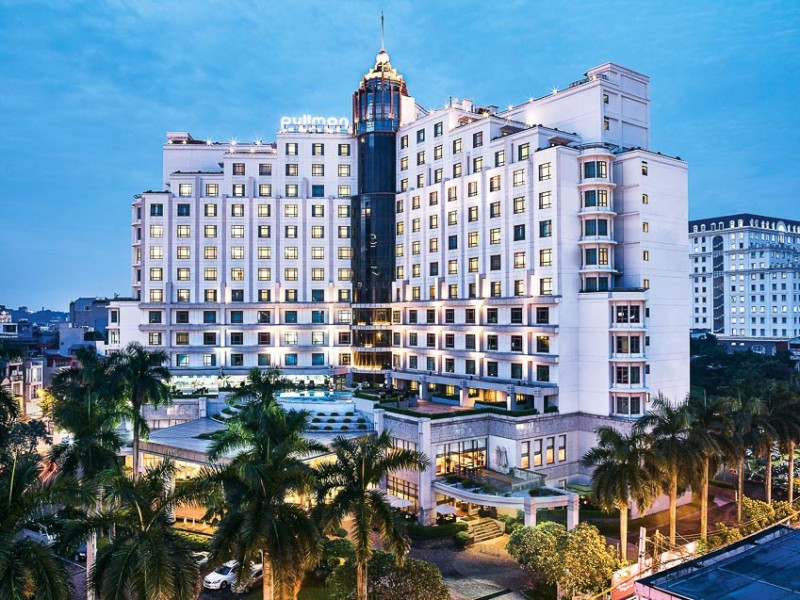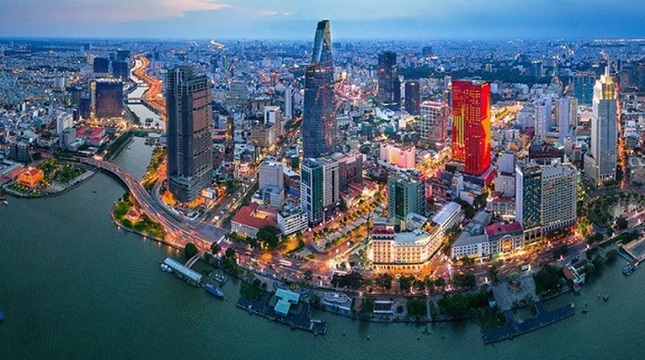
A general guide about owning a hotel business in Vietnam
A Guide for Foreign Investors
Boasting stunning landscapes and a rich cultural tapestry, Vietnam attracts countless tourists each year. This thriving tourism industry creates exciting opportunities for foreign investors looking to enter the hotel business. While direct land ownership isn’t possible for foreigners, various options allow you to own and operate a hotel in Vietnam. This guide explores the available methods and helps you navigate the process:
100% Foreign Direct Investment (FDI): Owning the Business, not the Land
Vietnam welcomes full foreign ownership (100% FDI) in the hotel sector through the automatic route. This simplifies the process compared to other industries as it eliminates the need for prior government approval. However, it’s important to understand the distinction between owning a hotel and owning the land it sits on. Foreigners generally cannot directly own land in Vietnam.
Alternative Ownership Structures:
Limited Liability Company (LLC): The most popular option, allowing majority foreign ownership in a Vietnamese company that owns and operates the hotel. The land itself will be leased.
Joint Venture: Collaborate with a local company, sharing ownership and leveraging local expertise.
Land Lease: Secure a long-term lease (up to 50 years) and build or acquire a hotel on the leased property.

EXPLORING THE OPTIONS:
1.Purchasing a Hotel:
Involves acquiring the hotel building, land use rights, and related tangible assets.
Requires navigating complex legal procedures and re-signing land lease contracts with the state, a time-consuming process.
Offers the benefit of not inheriting the previous owner’s financial obligations.
2.Renting a Hotel (Long-Term):
The easiest, quickest, and lower-risk option, chosen by many investors.
Involves finding hotels for long-term lease (5-10 years), including high-end establishments.
Allows you to start your business faster and avoid the complexities of purchasing or building from scratch.
Requires careful consideration of the hotel’s legal system, fire safety standards, and licenses.
3.Building a Hotel:
Offers greater control over design and customization.
Involves a longer and more complex process requiring expert guidance in navigating legal complexities, securing funding, and obtaining permits.
Conclusion:
Owning a hotel business in Vietnam can be a fulfilling venture, but careful planning and expert guidance are crucial. While 100% FDI allows for full ownership of the business, land ownership restrictions necessitate alternative structures.
Remember:
Renting a hotel is the most accessible and efficient entry point for many investors.
Seek professional advice from legal and financial experts before making any investment decisions.
By understanding the options, seeking expert guidance, and respecting local regulations, you can turn your dream of owning a Vietnamese hotel into a successful reality.

